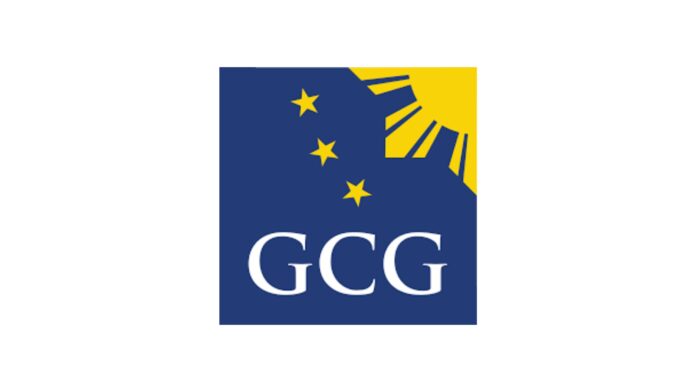The Governance Commission for Government Owned or Controlled Corporations (GCG) seeks to strengthen its mandate through amendments to Republic Act No. (RA) 10149 or the GOCC Governance Act of 2011.
“In order to efficiently operate as a regulatory body for the GOCC sector, RA 10149 is proposed to be amended to address issues and clarify and strengthen the powers and functions of the GCG,” said retired justice and GCG chairperson Alex L. Quiroz.
The GCG is a creation of RA 10149 and looking to celebrate its 12th anniversary on 6 June 2023.
In the performance of its duties and functions during the past years, several issues were raised on the scope and even the legality of the GCG’s powers and functions.
On Thursday, 25 May 2023, Quiroz and lawyer and GCG Commissioner Gideon D.V. Mortel met with House Speaker Ferdinand Martin Romualdez to discuss the proposed amendments.
Mortel said there already are draft bills for submission to the House leadership as discussed earlier with Paranaque First District Representative Edwin L. Olivarez, chairperson of the House committee on government enterprises and privatization.
In December 2022, the GCG also submitted the proposed amendments to Senator Alan Peter S. Cayetano, chairperson of the Senate committee on government corporations and public enterprises.
The salient points of the proposed amendments include the standardization of the definition of GOCCs.
For continuity and efficiency in the discharge of its mandate, the GCG also seeks to fix the terms of office of the GCG chairperson and commissioners and create an office for a GCG executive director.
To strengthen its oversight powers, the agency is asking Congress for subpoena and contempt powers as well as investigative and disciplinary powers.
It is also seeking express power to consolidate, rationalize, and integrate GOCCs into national government agencies (NGAs).
The agency seeks authority to determine the appropriate incentive program for all employees affected by any rationalization, reorganization, merger, consolidation, integration into an NGA, abolition, or privatization of GOCCs.
Quiroz said a study of the profiles of GOCCs under the GCG indicates that some GOCCs have duplicate functions already being carried out by other NGAs or GOCCs.
“We can recommend to the Office of the President that it would be economical for those GOCCs which are not financially viable, but are performing vital public service, to be converted into or transferred to NGAs,” Quiroz explained.







